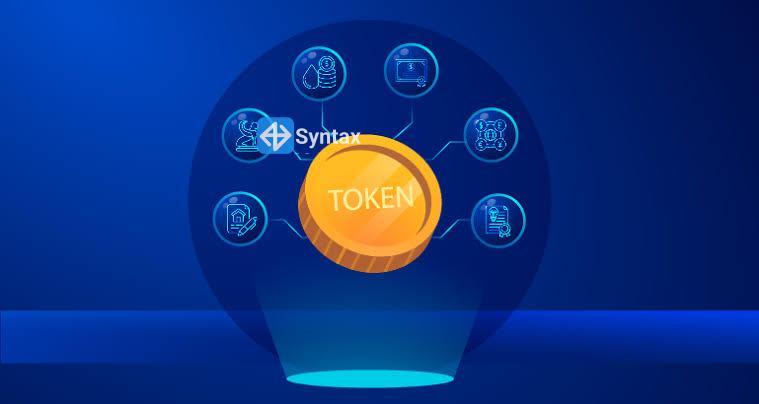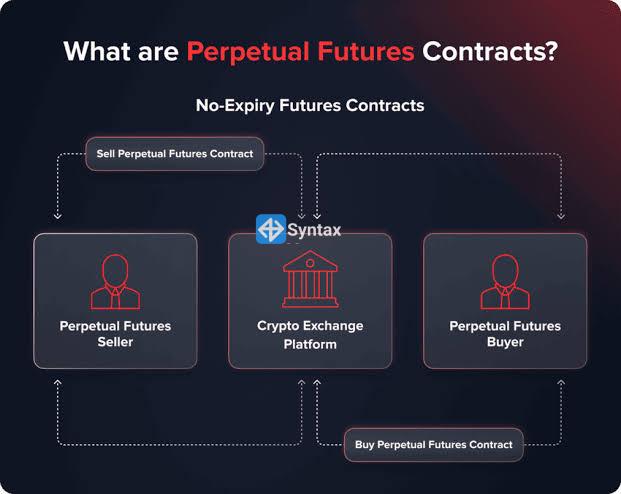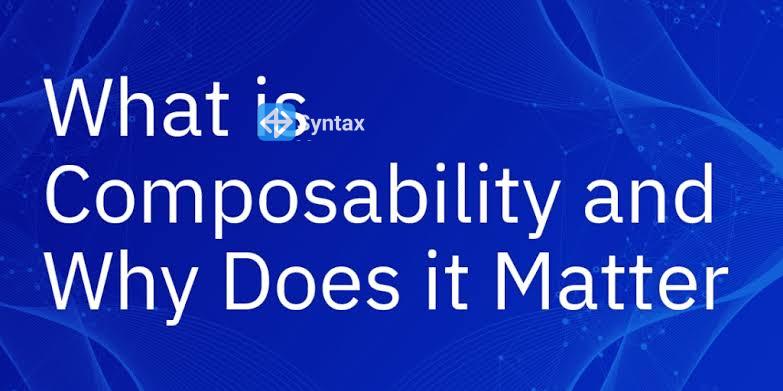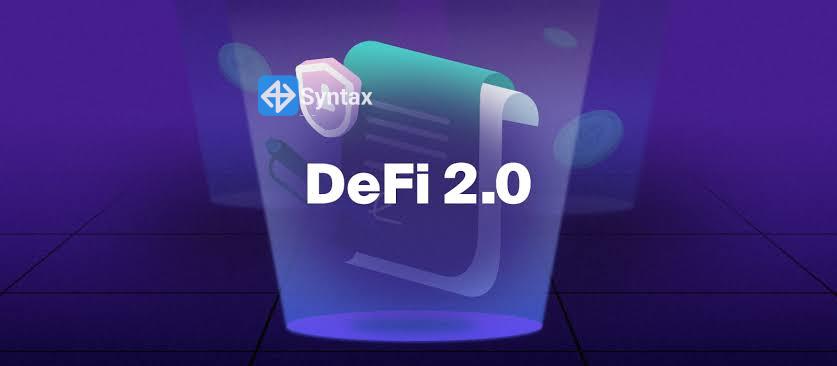A private key is a secret cryptographic code that proves ownership and control over digital assets or encrypted data. It’s the most sensitive part of asymmetric cryptography, always paired with a public key
Key points:
- Kept secret → Unlike a public key, a private key must never be shared.
- Unlocks access → It allows you to decrypt information encrypted with the matching public key.
- Creates signatures → It’s used to digitally sign transactions or messages, proving authenticity.
Example in practice:
In crypto wallets:
- Your wallet address comes from your public key (safe to share).
- Your private key gives you full control over your funds. Whoever has it can send your crypto.
In secure communication:
- If someone encrypted a message with your public key, you use your private key to read it.
For digital signatures:
- You sign with your private key, and others verify with your public key.
🔐 In short:
The private key is like your master password or PIN — if someone else gets it, they can take complete control of your digital assets or identity.












